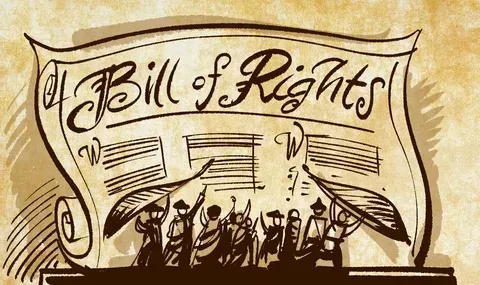DOG BITES – WHAT TO DO IF YOU’VE BEEN BIT
While dogs are often referred to as “man’s best friend,” dogs can also be dangerous, and even the friendliest of dogs may bite when provoked. This this blog post we will discuss some general legal theory about animal bites, including dog bites, and outline what you should do if you were bit by another person’s dog or other animal.
Can I Sue for a Dog Bite?
Before I answer this question, it is important to understand the legal theory that undergirds animal bite cases. The law classically categorized animals into two categories: domitae naturae – meaning, those animals that are classically domesticated or tamed – and ferae naturae – meaning, those animals that are classically feral, wild, or exotic.
This distinction is significant legally because, generally speaking, those who possess a ferae naturae animal – for example, a tiger – do so at their own peril. This is because if ferae naturae animal bites another person, the owner of the animal is generally presumed to be at-fault.
While the owner of a domitae naturae animal can also be held liable for the actions of that animal, generally, a bite by such an animal – for example, a cat or a dog – may not necessarily give rise to a presumption of fault.
At least, that was the classical framework. This has been changed by individual laws in many states. Most states have adopted a strict-liability standard in connection with dog bites. This means that a biting dog’s owner will be held liable for injuries caused by the dog, even if the owner used reasonable care to restrain the dog or to protect or warn the other party. Often, this strict-liability view can be viewed as harsh, if one adheres to the “accidents happen” mentality.
In recognition of the potentially harsh outcomes strict-liability may bring about, a handful of other states have adopted a “One-Bite Rule”. In essence, a One-Bite Rule is a law that provides that a dog owner may only be held liable if they knew or should have known that the dog has a vicious propensity or is prone to bite, and that owner would only have such knowledge if the dog has bitten someone in the past. In other words, the One-Bite Rule is called this because the owner of a dog with a propensity to bite essentially gets their first bite free because the owner will likely not be found liable for the first bite. This is consistent with the notion of the “foreseeability of the harm” that undergirds much of tort law – in other words, how could the owner foresee that his or her dog would bite if it has never done so before? Conversely, the owner should know, and should therefore be held liable, if the dog has bitten someone before.
So, to answer the question of whether you can sue if you have been bitten by a dog, the answer, generally is yes, but the merits of you claim will depend largely on whether you live in a strict-liability state or a One-Bite Rule state.
What Do I Do If I Have Been Bitten?
While you may, of course, be panicked immediately following a dog bite, it is important to do the following:
· Call 911 to report the incident. Make sure a police report is filed, and get a copy of it.
· Get the dog owner’s name and contact information, if possible.
· Try to get a picture of the dog and the owner, if possible.
· Take pictures of the bite wounds while they are still fresh.
· Go seek medical treatment, if necessary, and try to leave the appointment with a copy of your medical record in connection with the visit.
· Contact a knowledgeable personal injury lawyer as soon as possible.
If you or a loved one have been injured by a public actor or public entity, call the Lento Law Group today. Our team of knowledgeable and compassionate attorneys and support staff can help guide you while you work to pick up the pieces after a traumatic accident. Call Lento Law Group today at (856) 652-2000. We will fight to get you the recovery you deserve.
More News & Resources











